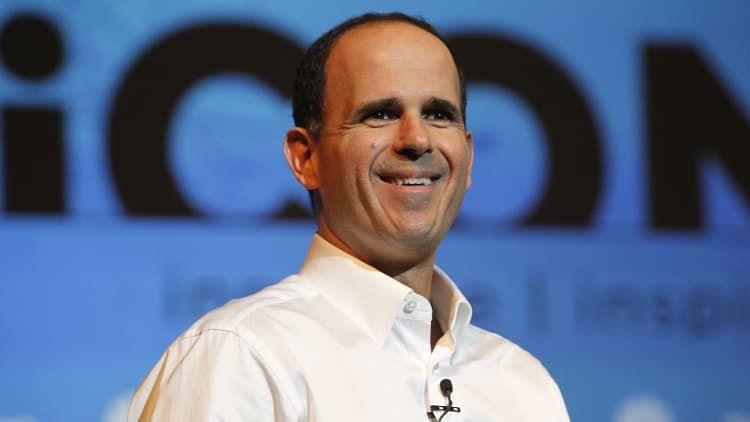One of the unanswered questions after Tesla CEO Elon Musk unveiled the company's solar roof tiles in October was: How much will they cost?
All Musk said was that they would be competitive with comparable roofing tiles, once the value of the electricity they generate is taken into account. That left the question pretty open, since the value of that electricity itself will vary widely from place to place.
This week, Musk made a more boastful claim.
At a shareholder meeting (in which shareholders approved the Tesla/SolarCity merger with an 85 percent vote), Musk said he had just come from a discussion with Tesla solar engineers.
More from Vox:
The battle over the Dakota Access Pipeline, explained
Donald Trump's infrastructure plan wouldn't actually fix America's infrastructure problems
China clarifies for Trump: uh, no, global warming is not a Chinese hoax
"It's looking quite promising that a solar roof actually costs less than normal roof," he said, "before you even take the value of electricity into account."
Tesla is reducing costs, he says, by squeezing inefficiencies out of the "incredibly inefficient" roofing supply chain. Tesla's tiles weigh less than conventional tiles and are made of tempered glass, so they are much more resistant to damage and can be packed more tightly. Those savings offset the slightly higher upfront costs of materials and manufacturing.
Now, Musk's assertion is still fairly vague — and perhaps a bit misleading. When he says "normal roof," he is almost certainly talking about slate, clay, or terra cotta roofing tiles, which are at the high end of the market and can cost up to 20 times as much as the dirt-cheap asphalt shingles that still adorn most American homes. Competing with asphalt shingles would be a different thing entirely.
Still, it's a pretty striking claim.
For solar on buildings, shifting from why? to why not?
There's no telling if Musk's boast will prove out in practice. But say it does.
The question facing consumers, at least in that corner of the market, will have flipped. It will no longer be, do you want to pay extra up front and make it back by generating electricity? It will be, do you want a longer-lasting, nicer looking product, for less money? "And by the way," Musk adds, "[it] generates electricity?"
The question for high-end consumers flips from, why solar? to, why not? That flip is coming to more building markets soon, whether or not Tesla achieves it in this particular case.
Tesla wants to offer a suite of electricity products and services ranging from generation to storage to transportation — to become, in the words of Tesla CTO JB Straubel, a "one-stop sustainable lifestyle company." In all these market segments, the strategy is roughly the same: Break in on the upper end, with wealthier consumers first, and then scale up and drive costs down until there's a product for the middle-income consumer and (one day) a product for the masses.
As solar gets cheaper and smaller, it will become a more routine part of the products and practices of the building trades, integrated into roofs and windows by default. Storage will be integrated into garages and basements by default. Homes will be built with energy management systems to economize the storage and use of self-generated power, by default.
It will start on the high end, but if things work out right, if Tesla can spark the growth of competitive markets around these kinds of products, it will move down the income scale and eventually become a normal part of building.
Or so we'd all better hope.




